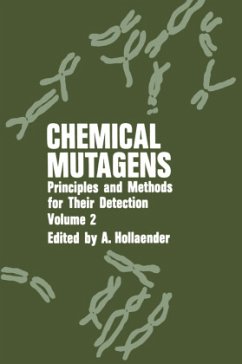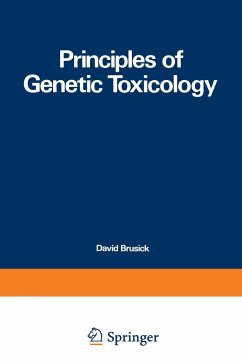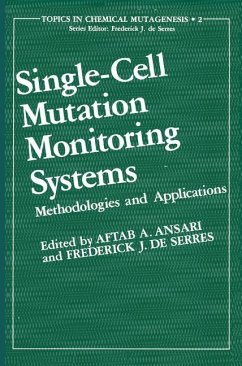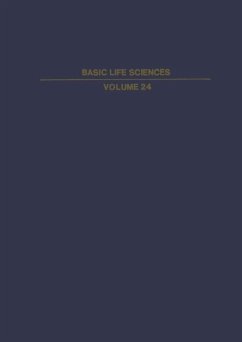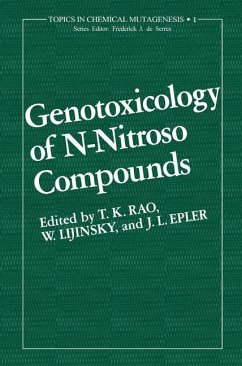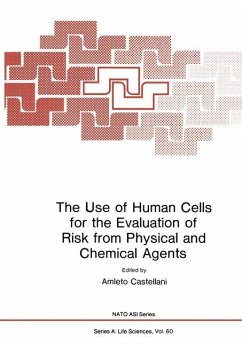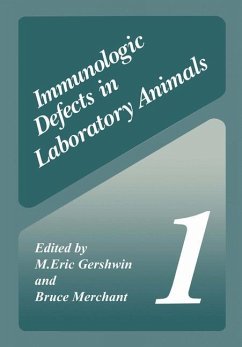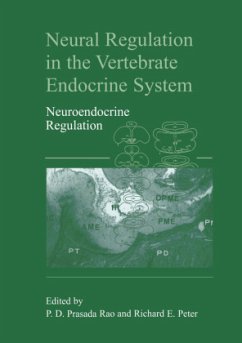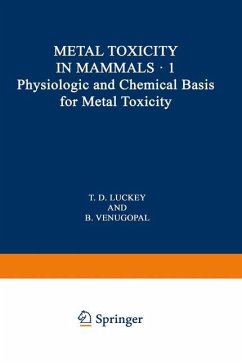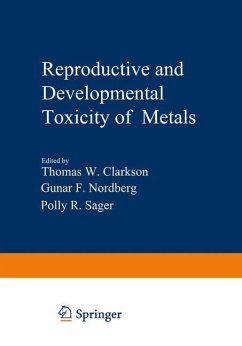
Induced Mutagenesis
Molecular Mechanisms and Their Implications for Environmental Protection
Herausgegeben: Lawrence, Christopher W.

PAYBACK Punkte
20 °P sammeln!
Concern is often expressed that our environment may include an increasingly large variety of mutagens, but the extent of the potential hazard they pose has yet to be fully evaluated. A variety of empirical procedures has been devised with which to estimate the mutagenic potency of suspect agents, and the relative merits of different tests are currently under debate. Although such tests are of great value, and are indeed indispensable, they are not, nevertheless, sufficient. In the long term, accurate estimation of hazard will also require a better understanding of the various mechanisms of mut...
Concern is often expressed that our environment may include an increasingly large variety of mutagens, but the extent of the potential hazard they pose has yet to be fully evaluated. A variety of empirical procedures has been devised with which to estimate the mutagenic potency of suspect agents, and the relative merits of different tests are currently under debate. Although such tests are of great value, and are indeed indispensable, they are not, nevertheless, sufficient. In the long term, accurate estimation of hazard will also require a better understanding of the various mechanisms of mutagenesis, and in many instances these remain remarkably elusive. Our knowledge and appreciation of the problem has increased substantially over the last few years, but the precise way in which many mutagens cause mutations is not yet known. The aims of this conference were therefore two-fold. The first was to survey present information about mutagenic mechanisms, drawing together data from work with various experimental approaches and organisms, in order to discern the principles governing the action of different mutagens. The second was to examine the implications of such principles for the execution and evaluation of test procedures, and critically assess the research areas that need further attention in order to improve the interpretation of test results. Chris Lawrence v ACKNOWLEDGEMENT We gratefully acknowledge the support provided for this Conference by the U.,S. Department of Energy, The Foundation for Microbiology, Exxon Corporation and the University of Rochester.



